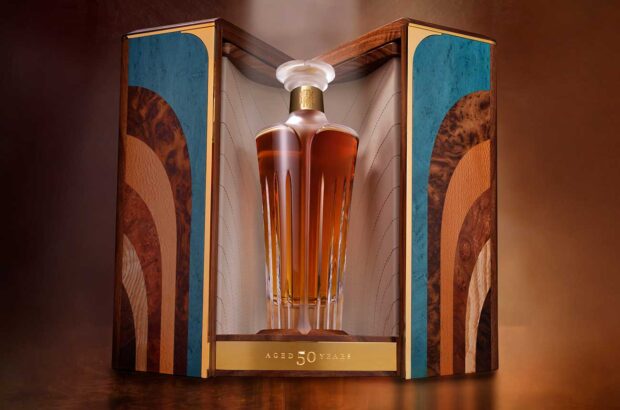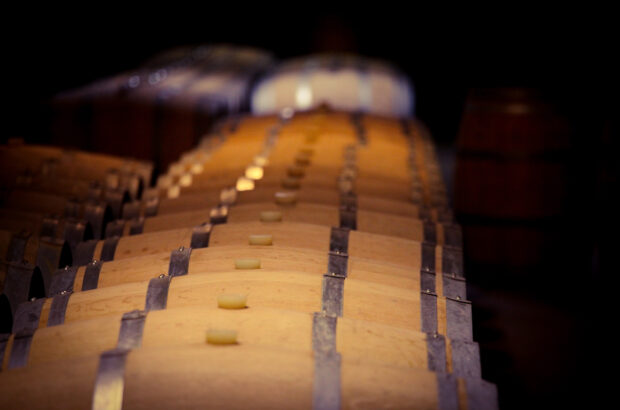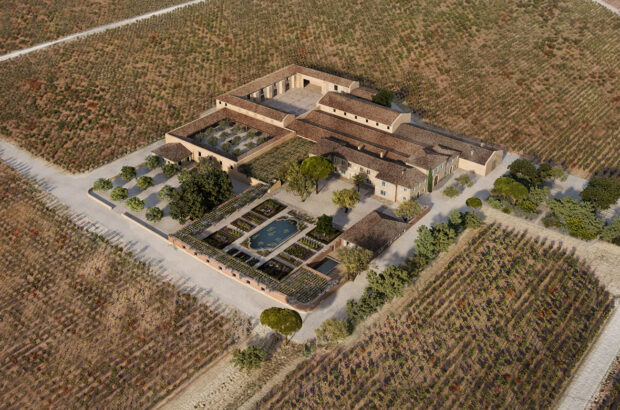Exports to China were wiped out in one fell swoop after Beijing imposed a tariff of up to 218% on Australian wine following a diplomatic row over the Covid-19 pandemic’s origins.
At the time, China was Australia’s largest market, accounting for 40% of exports, so that was a hammer blow to producers across the country.
The total value of exports then fell by another 10% in the 12 months to June 30, 2023, as inflationary pressures led to reduced demand in Australia’s largest markets, the USA and the UK.
The total value of wine shipped fell to A$1.87bn (£950m) over the 12-month period, leaving Australian winemakers facing up to oversupply issues.
A new report from regional lender Rabobank suggests that Australia now has more than 2bn litres of wine in storage, equivalent to 2.8bn bottles.
This oversupply has pushed prices lower, presenting Australian winemakers with a major headache in an era of rampant inflation and high energy prices.
Rabobank analyst Pia Piggott warned that it will take years for Australia to work through its current wine glut.
‘For wineries, particularly those selling commercial wine, stocks will remain high for some time as businesses slowly work through selling inventory,’ she said.
‘While some brands have increased bulk shipments and been able to heavily discount stock, this will need to continue for some time to rebalance the market.’
Lower prices may be good news for wine drinkers at a time of high inflation, but it does not bode particularly well for the future health of the Australian wine industry.
However, there was also some positive news earlier in the month, as the Chinese Commerce Ministry announced it is dropping 80.5% anti-dumping tariffs and countervailing duties on Australian barley.
That sparked optimism among Australian exporters that an end to the diplomatic row could now be in sight, leading to the end of the punitive tariffs on wine, meat and seafood.
Prime Minister Anthony Albanese has promised to stand up for wine exporters when he meets with Chinese president Xi Jinping next month.
He said the resumption of the barley trade between the two nations – previously worth A$900m (£455m) per year – was ‘a huge win for Australian farmers and Australian jobs’, along with Chinese consumers.
‘And all those points hold true for Australian wine,’ said Albanese. ‘We want to see these removed, in the best interests of everyone – and I’ll certainly be taking the opportunity to make that point when I next have the chance to meet with President Xi.’
However, Piggott warned that even a ‘best-case scenario’ – which includes the tariffs being removed and Chinese consumption of Australian wine quickly recovering – would ‘not be a panacea’ for the current oversupply issues.
‘In our base-case scenario, it will likely take the industry four years to reduce oversupply, but even in an optimistic scenario where the tariff is removed and Chinese consumption recovers quickly, it will still take the industry two years to work through surplus wine,’ she said.
‘Heightened offtake risk and margin pressure will force production slowdown and industry consolidation as the market rebalances.’
It is also worth noting that Australian wine producers have just reported their smallest harvest since 2000, which could help to ease oversupply pressures.
They battled persistent rainfall, unusually cool conditions and flooding throughout 2023, leading to an estimate of 1.32 million tonnes for the overall vintage, which is 26% below the 10-year average.






